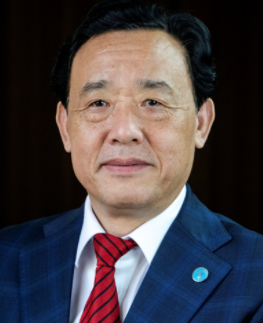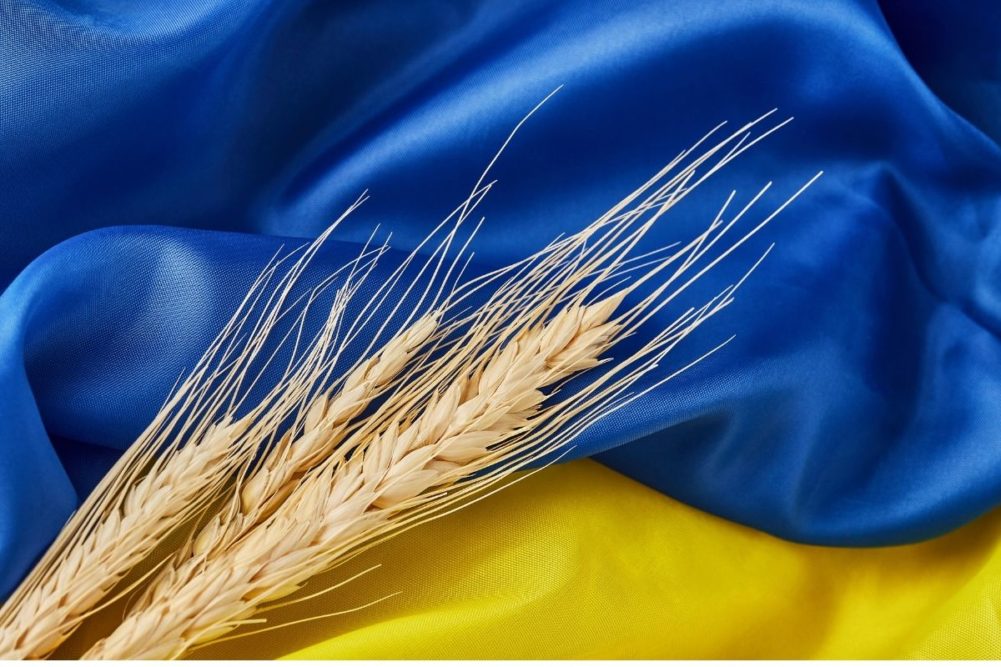ROME, ITALY — Countries dependent on Russia and Ukraine for cereal grains and fertilizer should find new and more diverse food suppliers but be wary of reducing import tariffs, said Qu Dongyu, PhD, director – general of the United Nations’ Food and Agriculture Organization, in a March 11 opinion article.
“Over the past two years, COVID-19 has presented many challenges to global food security,” he said. “Today, what is happening in Russia and Ukraine adds another significant challenge. Russia and Ukraine play a substantial role in the global food production and supply. Russia is the world’s largest exporter of wheat, and Ukraine is the fifth largest.”
 Qu Dongyu
Qu DongyuGlobal prices of wheat and barley rose 31% in 2021 while rapeseed oil and sunflower oil prices increased more than 60%, Qu said. Together Russia and Ukraine provide 19% of the world’s barley supply, 14% of the world’s wheat supply and 4% of the world’s maize supply. Fifty countries, many of them low-income, food-deficient countries in northern Africa and Asia, depend on Russia and Ukraine for 30% or more of their wheat supply.
Harvesting and distributing this year’s crop in the two countries faces several obstacles, Qu said. Farmers in Ukraine may not be able to harvest cereal crops in June because of the dwindling number of laborers and workers. The Ukrainian ports on the Black Sea are closed, and shipping grain by rail may not be possible because the railway system is not operating.
Many European and central Asian countries rely on Russia for over 50% of their fertilizer supply. The price of urea, a nitrogen fertilizer, has increased more than threefold over the past year.
Qu in policy recommendations said global food and fertilizer trade should remain open.
“Every effort should be made to protect the production and marketing activities needed to meet domestic and global demands,” he said. “Supply chains should keep moving, which means protecting standing crops, livestock, food processing infrastructure and all logistical systems.”
Besides looking for alternative suppliers, countries dependent on food imports from Russia and Ukraine should rely on existing food stocks and diversify domestic production. Governments must expand social nets to protect vulnerable people, Qu said.
Governments also should consider how measures to secure food supply may affect international markets.
“Reductions in import tariffs or the use of export restrictions could help to resolve individual country food security challenges in the short term, but they would drive up prices on global markets,” Qu said.






